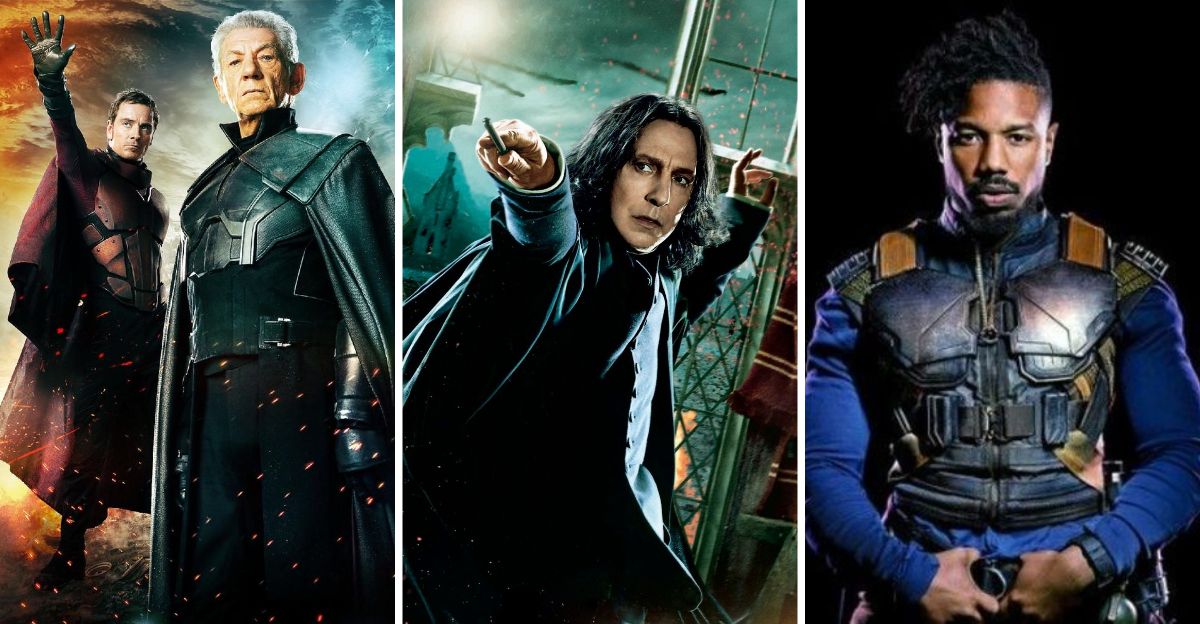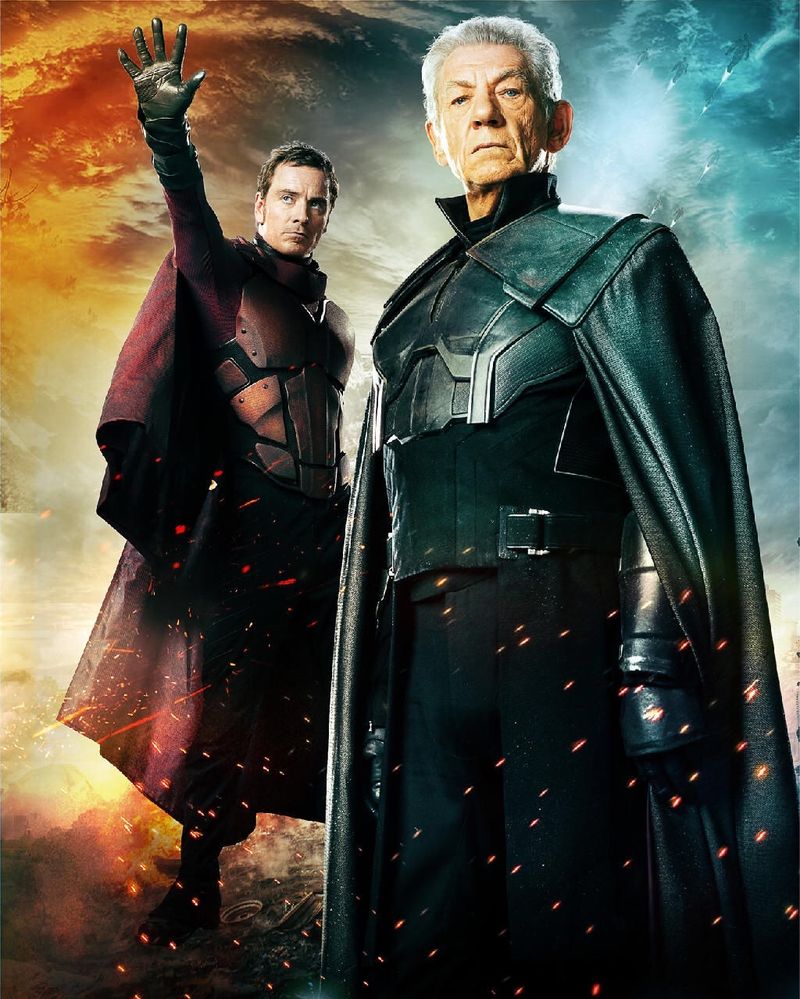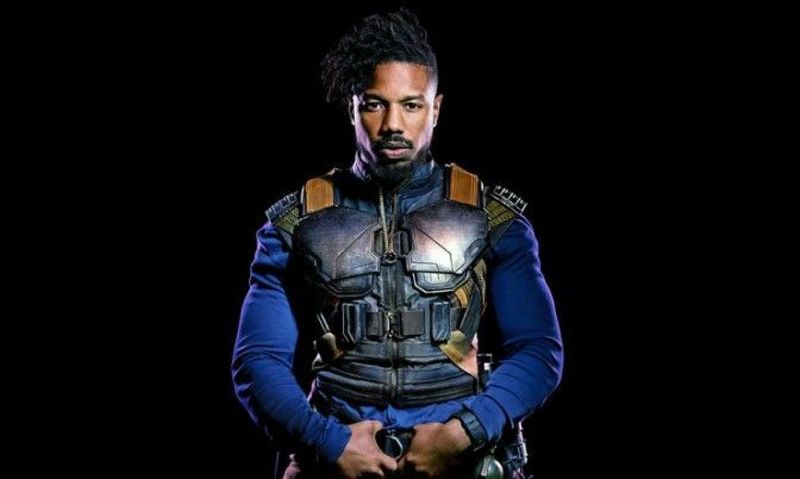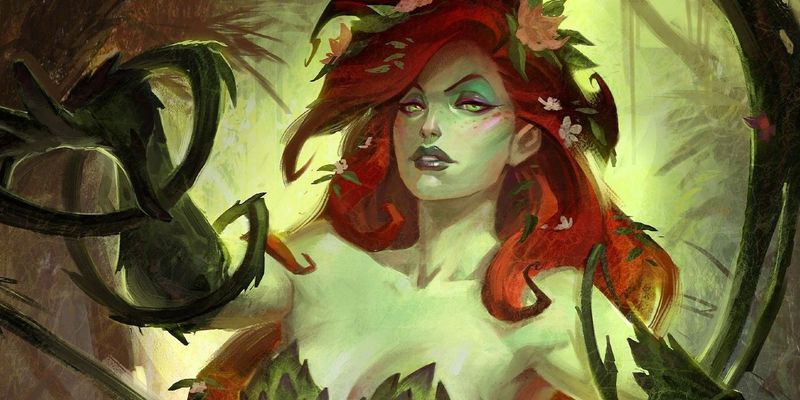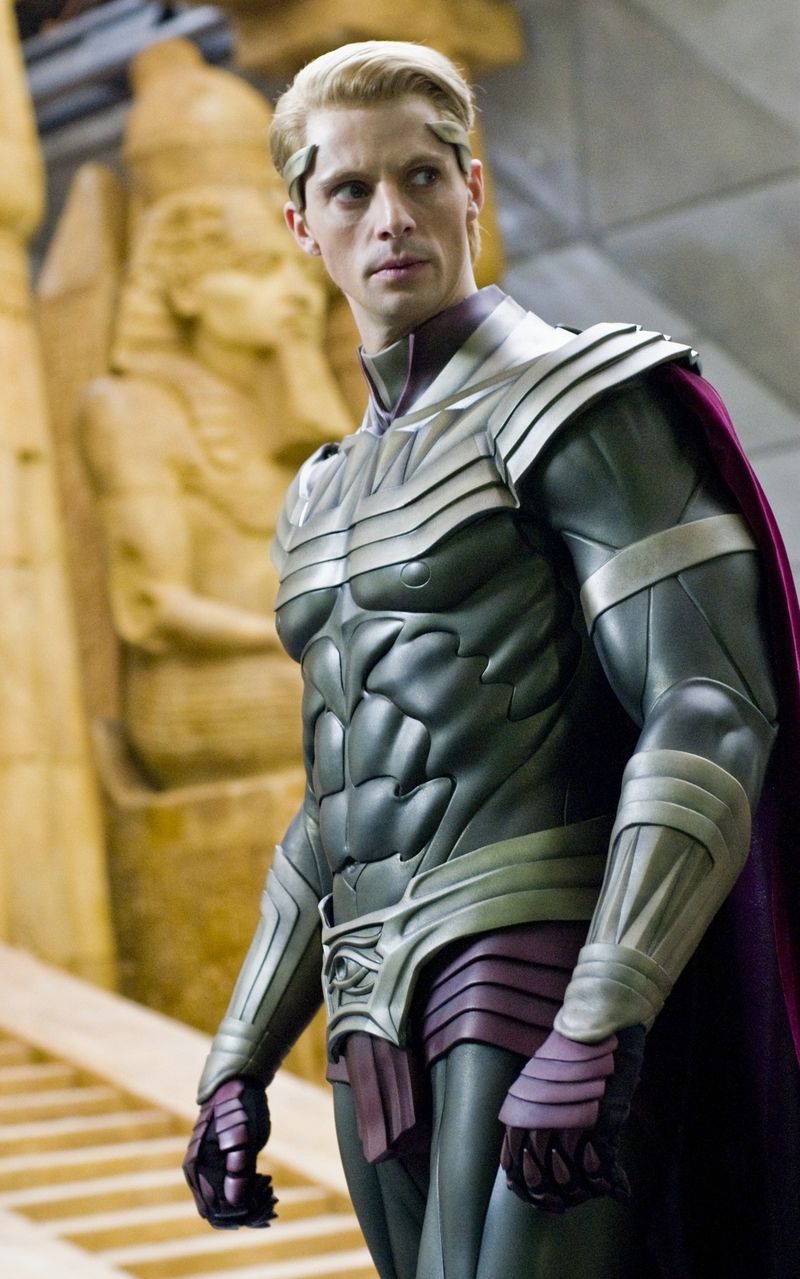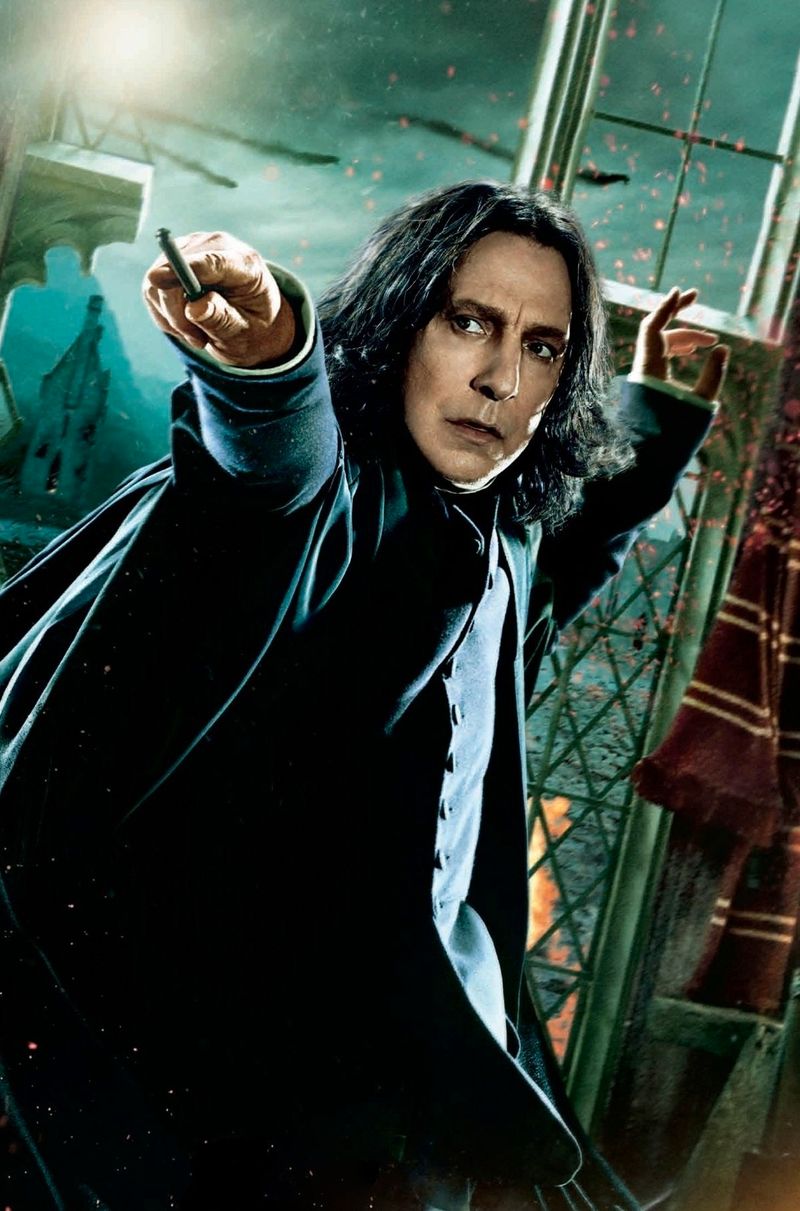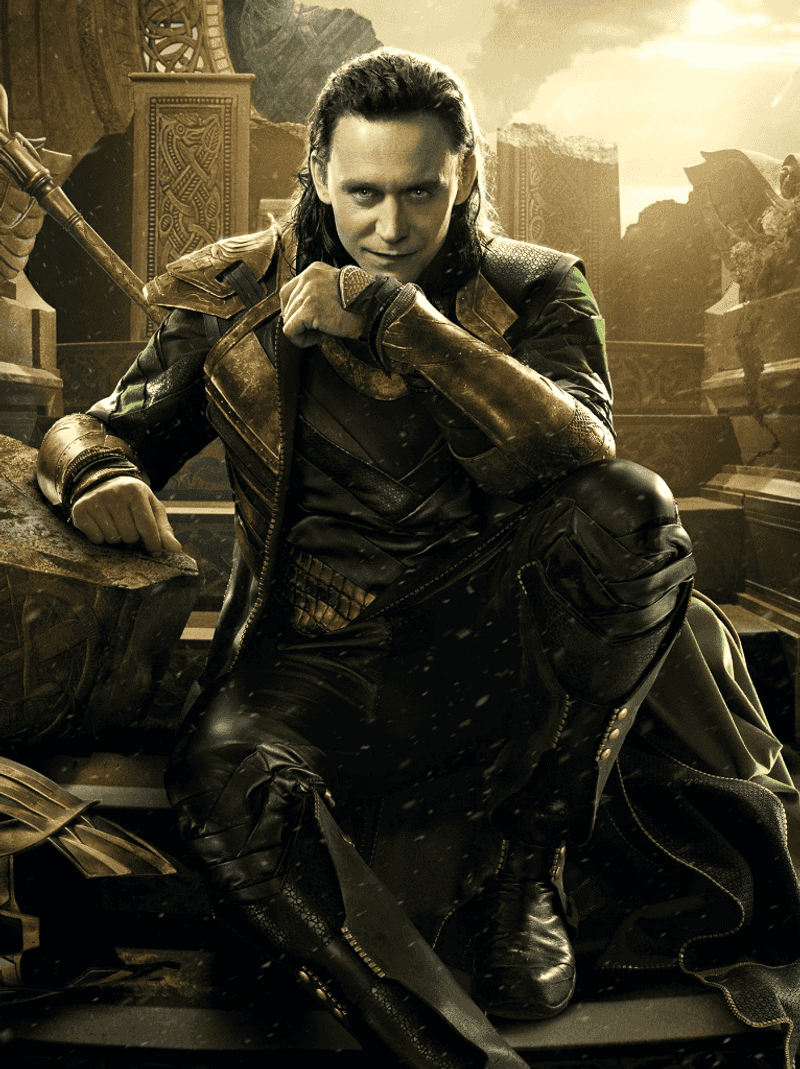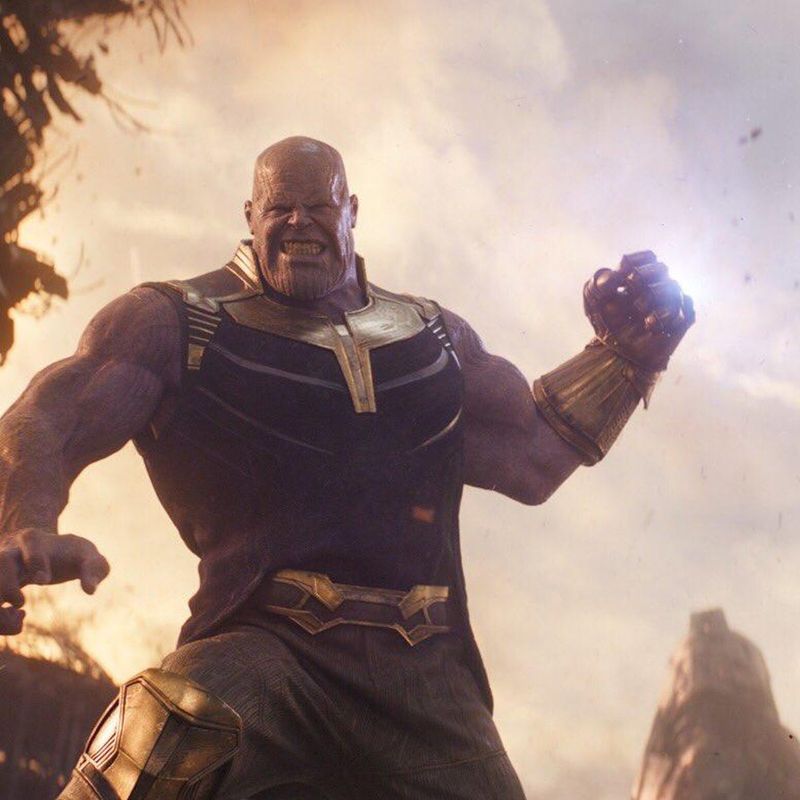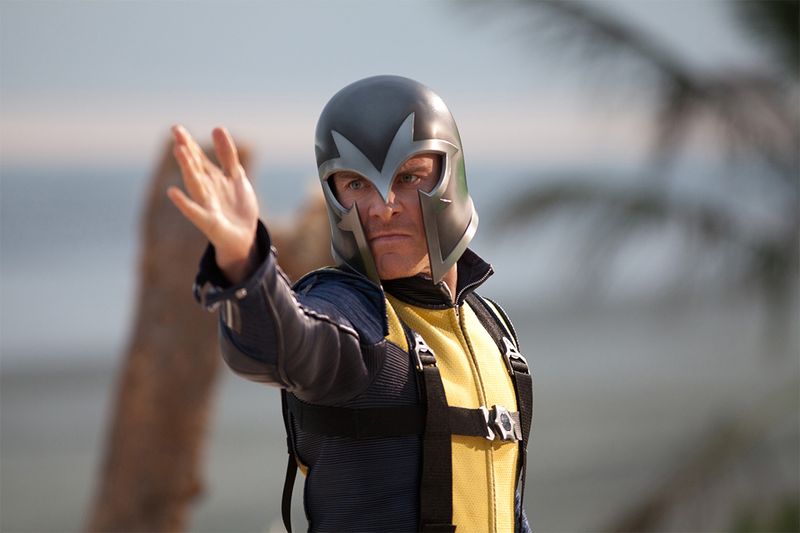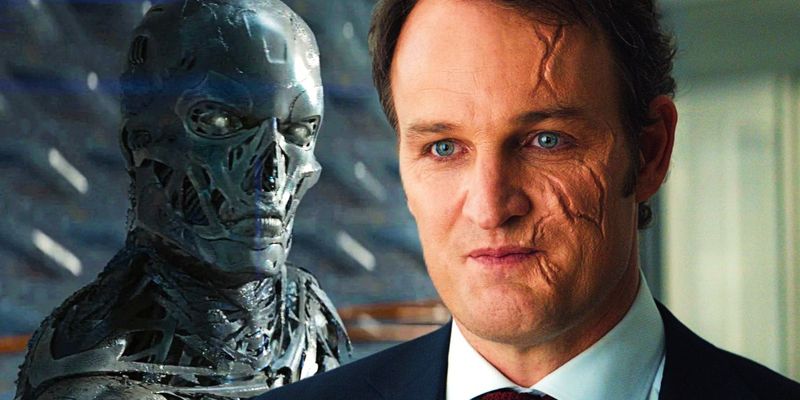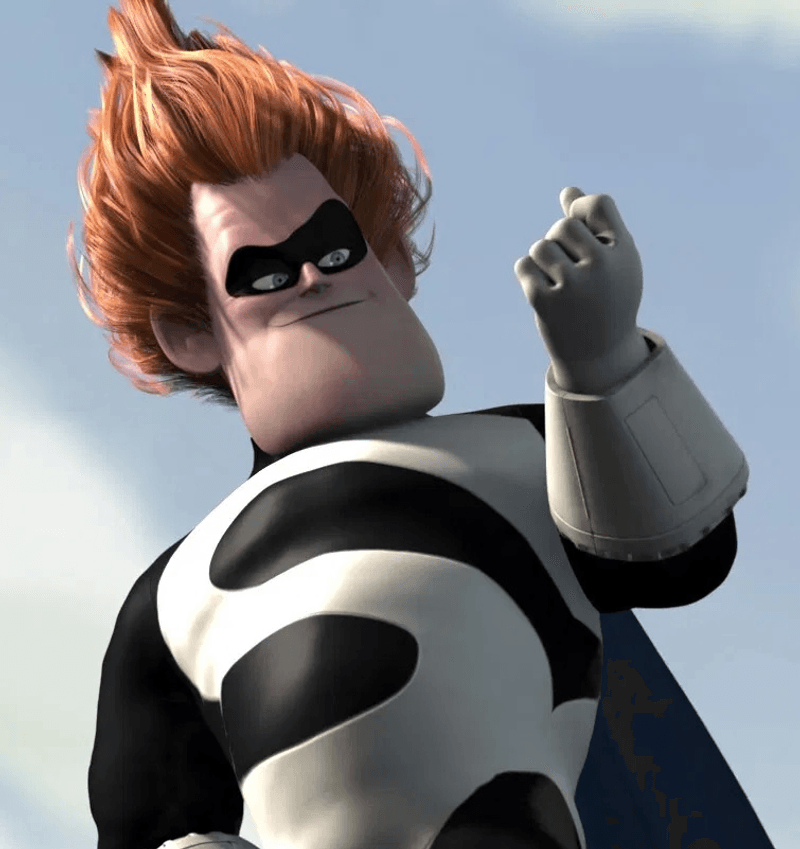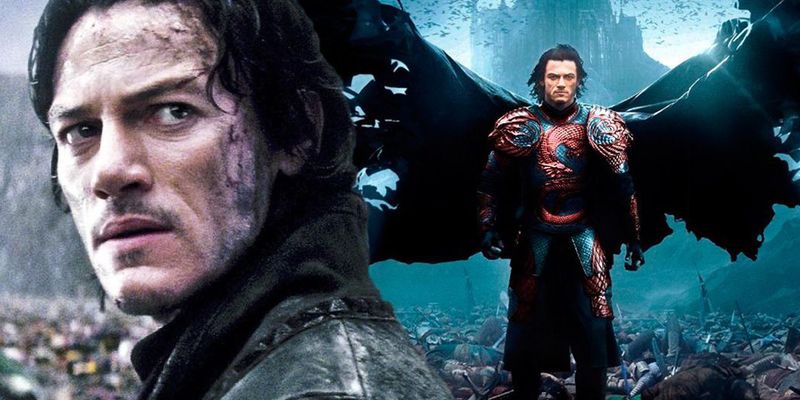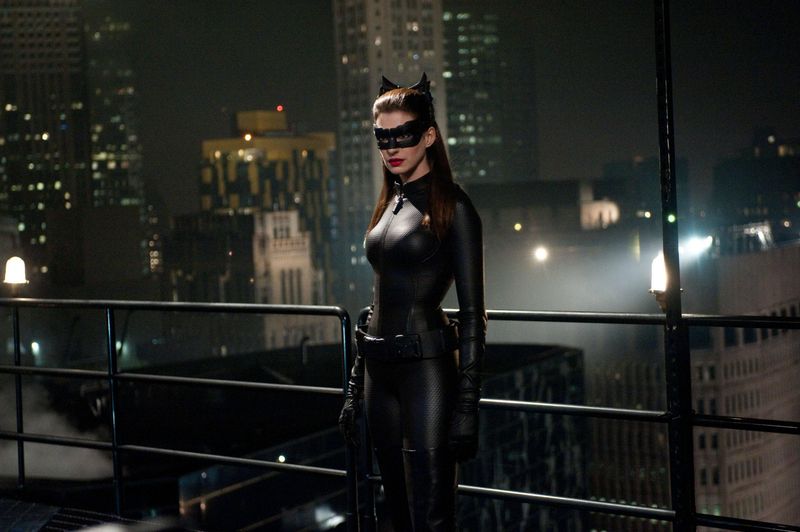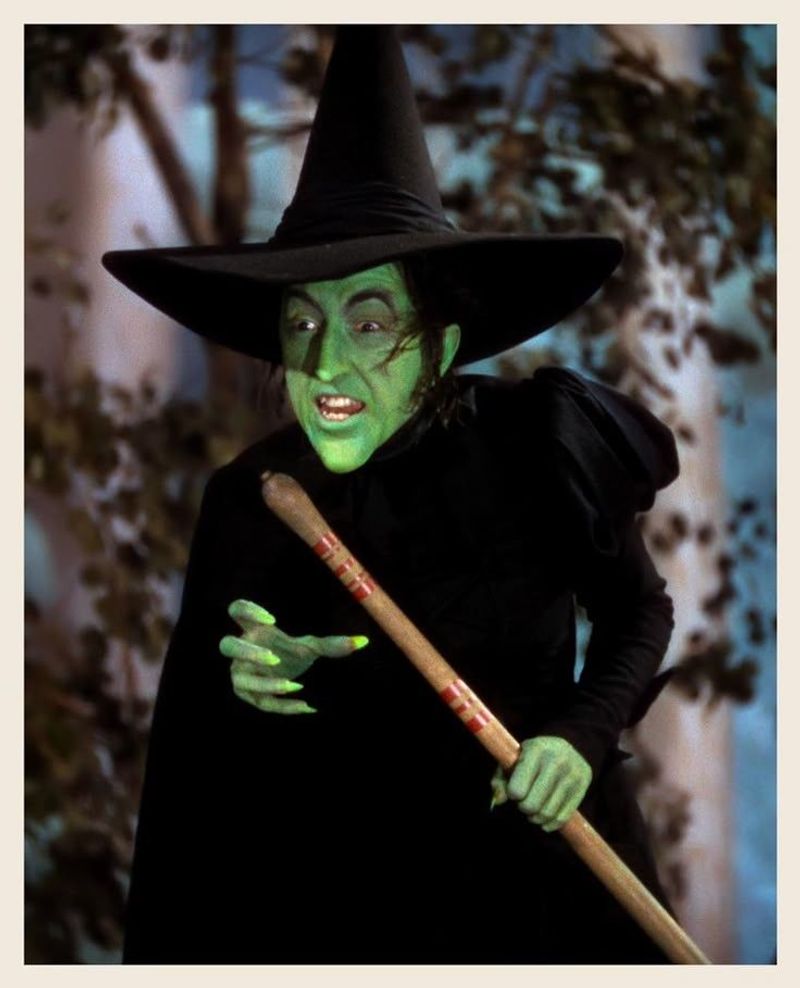We often root for the heroes, but sometimes the so-called “villains” have motives that make us question who’s really in the right. From misunderstood outcasts to characters fighting for a just cause, these antagonists had compelling reasons for their actions—and in many cases, they were more heroic than the protagonists. Here are 17 movie villains who were actually heroes all along.
1. Magneto (X-Men Series)
Magneto, the powerful mutant, survived the Holocaust and carries the trauma of history’s darkest days. His path is shaped by a deep need to protect mutants from human oppression, a sentiment rooted in his own survival experience. Despite his militant stance, Magneto’s actions are driven by a profound desire to prevent another genocide.
A complex figure, Magneto believes in fighting back to protect his kind, illustrating the painful shades of morality in a world divided by fear and prejudice. His story is less about villainy and more about survival and protection.
2. Killmonger (Black Panther)
Erik Killmonger’s journey is defined by a quest for justice. With the scars of global racial injustice etched on his body, he challenges Wakanda’s isolationism, believing their technology should liberate oppressed Black communities. His methods are controversial, but his vision seeks a world where resources are shared for the greater good.
Killmonger’s rage is not without cause; it stems from years of witnessing systemic inequality. He envisions empowerment for the marginalized, making him a revolutionary with a cause as noble as it is fierce.
3. Poison Ivy (Harley Quinn Series)
Poison Ivy, often labeled an eco-terrorist, is driven by a passion for saving the planet. Her allegiance to nature over humanity reflects a desperate response to climate change and environmental destruction. She acts out of a conviction that the Earth’s survival hinges on her extreme measures.
In a world where ecological crises are ever-looming, Poison Ivy’s radical approach appears less villainous and more of a last stand for preservation. Her story questions what lengths we might go to save our planet.
4. Ozymandias (Watchmen)
Adrian Veidt, known as Ozymandias, orchestrates a grand scheme to unite humanity by simulating an alien invasion. His intentions are to prevent nuclear annihilation, positioning him as a savior who sacrifices morality for peace. While millions die, he believes his actions avert a greater catastrophe.
Ozymandias embodies the dilemma of sacrificing a few for the survival of many. His calculated decisions highlight the ethical complexities of heroism, where the line blurs between savior and destroyer.
5. Severus Snape (Harry Potter Series)
Behind Severus Snape’s stern exterior lies a heart driven by love and sacrifice. His apparent villainy conceals a protective agenda for Harry Potter, motivated by his enduring love for Lily Potter. This love fuels his actions, creating a tragic, selfless hero beneath the mask of animosity.
Snape’s story unveils layers of complexity, revealing a man trapped between duty and personal loss. His clandestine protection of Harry showcases an unrecognized heroism, transforming him from antagonist to guardian.
6. Loki (MCU)
Loki, the God of Mischief, evolves from a villain driven by envy to a more nuanced character seeking belonging. His initial schemes mask a deep-seated need for validation and family. As his story progresses, Loki fights alongside his brother Thor, revealing his capacity for heroism.
In a journey marked by betrayal and redemption, Loki’s transformation is a testament to his complex nature. His quest for identity and acceptance turns a notorious trickster into a hero of his own making.
7. Thanos (Avengers: Infinity War)
Thanos, often seen as a formidable adversary, operates on a belief that his genocidal plan will save the universe from overpopulation. While his methodology is ruthless, his intent to prevent resource scarcity is, in his view, a necessary evil.
His twisted logic makes him a tragic figure, whose misguided heroism stems from a belief in the greater good. Thanos’s narrative invites reflection on morality, where intentions, however noble, can lead to devastation.
8. Erik Lensherr (X-Men: First Class)
Erik Lensherr, known as Magneto, embarks on a vengeful quest against those who wronged him during World War II. He pursues Nazi war criminals with a fervor that borders on heroism. His actions stem from personal loss, seeking justice for his family’s murder.
This journey paints Erik as a hero fighting against the remnants of evil. His story is one of retribution and justice, highlighting the shades of heroism in his relentless pursuit.
9. The Beast (Beauty and the Beast)
Cursed to live as a Beast, this once-arrogant prince learns humility and love. His transformation is marked by self-sacrifice, as he ultimately prioritizes Belle’s happiness over his own.
The Beast’s narrative is a tale of redemption, where his monstrous exterior belies a heart capable of immense love and growth. His story shifts from that of a villain to a hero, showcasing the power of change and compassion.
10. John Connor (Terminator Genisys)
John Connor, humanity’s savior, becomes a Terminator in a twist of fate. This transformation is a betrayal of his legacy, yet his original intentions were always to protect mankind.
Connor’s story is a poignant reminder of the thin line between hero and villain. Though turned into a machine, his heart remains tethered to his past heroism, highlighting the enduring spirit of resistance.
His narrative explores the complexities of identity and loyalty, where even a hero can be reshaped by destiny.
11. Bane (The Dark Knight Rises)
Bane’s revolution in Gotham challenges a corrupt system, aiming to redistribute wealth and power to the oppressed. His anarchist ideology draws parallels to real-world revolutionary movements.
While his methods are extreme, Bane’s actions question the entrenched inequalities in society. His story is one of radical change, where the line between villain and redeemer blurs.
12. Syndrome (The Incredibles)
Buddy Pine, known as Syndrome, dreams of a world where superpowers are accessible to all, eliminating elitism among heroes. His plan, though villainous, seeks to democratize power.
Syndrome’s ambition to level the playing field poses ethical questions about heroism and power. His narrative explores the drive for equality, albeit through a misguided lens, making him a hero of sorts.
13. Dracula (Dracula Untold)
Vlad Tepes, the man behind Dracula, embraces darkness to protect his kingdom from obliteration. His monstrous form conceals a ruler willing to sacrifice everything for his people’s safety.
Dracula’s tale is one of self-sacrifice and protection, where his villainous exterior hides a noble intent. This complex heroism questions the true nature of evil and the sacrifices made for love.
14. Catwoman (The Dark Knight Rises)
Selina Kyle, known as Catwoman, treads the line between criminal and savior. Her thefts are a means to challenge Gotham’s systemic inequality, echoing a Robin Hood-like ethos.
Her story is one of survival and defiance, where her actions speak to a deeper struggle against societal injustice. Catwoman embodies a complex hero, whose allure lies in her rebellion.
15. Zemo (Captain America: Civil War)
Helmut Zemo wages a personal vendetta against the Avengers, exposing their collateral damage and demanding accountability. His critique of unchecked power questions the ethics of heroism.
Zemo’s actions, though driven by personal loss, highlight the repercussions of unbridled authority. His narrative emphasizes the necessity of accountability in a world of heroes, making him a complex figure of justice.
16. The Wicked Witch of the West (The Wizard of Oz)
The Wicked Witch of the West’s quest is for justice over her sister’s stolen slippers. Her anger is rooted in rightful ownership, transforming her from a malevolent figure to one seeking rightful restitution.
Her story challenges perceptions, where villainy is overshadowed by a fight for what’s hers. This reimagining paints her in a new light, questioning the simplicity of good versus evil.
17. Kylo Ren (Star Wars Sequel Trilogy)
Ben Solo, known as Kylo Ren, is drawn into darkness by manipulation, yet his journey is one of redemption. His ultimate act of saving Rey marks a return to heroism, overshadowing his past misdeeds.
Kylo Ren’s narrative is a testament to the power of redemption, where even the darkest paths can lead back to the light. His struggle is not just of power but of identity, making him a tragic hero.
